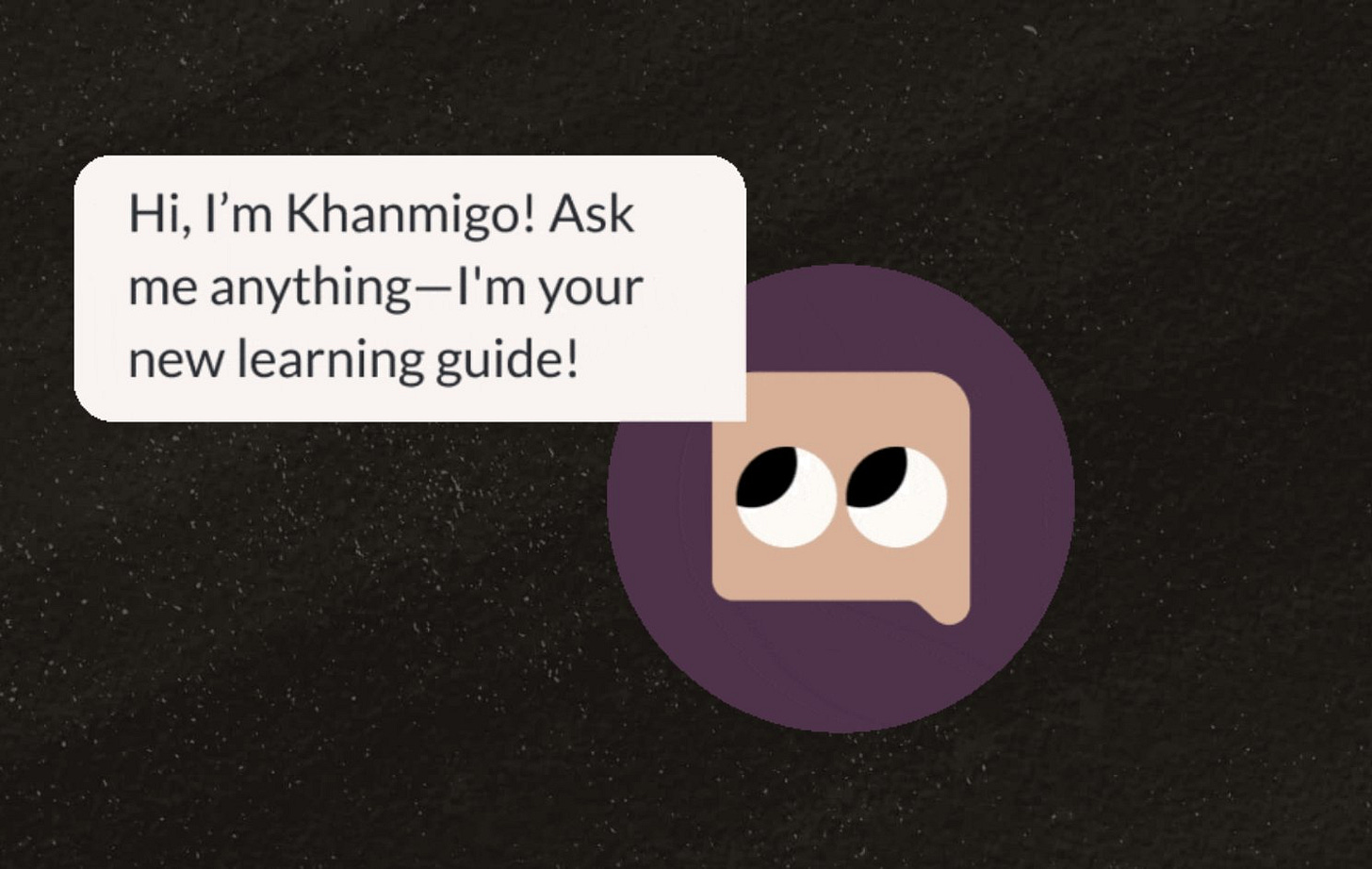How Your Students are Using AI
Lessons learned from the decline of Chegg Inc
Chegg, Inc. is one of the world’s largest ed tech companies. It provides homework help, digital and physical textbook rentals, textbooks, online tutoring, and other student services.
Last week, Chegg’s CEO, Dan Rosensweig cited ChatGPT for a significant decline in its business.
According to Chegg, since it was first made available at the end of last year the rise of ChatGPT has had an increasingly negative impact on its profits.
More and more students are turning to ChatGPT for educational content and tutoring services, which has led to a significant downturn in the demand for paid-for services like Chegg's digital content and online tutoring.
So what does this tell us about how students are using AI?
How Are Students Using AI?
There’s a lot of debate going on about how educators feel about the rise of AI technologies like ChatGPT, but what about our students?
Student reactions are inevitably varied. I’ve read a lot recently about student fear and hesitancy around the use of ChatGPT which - in a world where traditional methods of assessment have been turned on its head - is understandable.
But the case of Chegg brings with it new insights, giving us our first glimpse at broader trends in students’ use of ChatGPT. And those insights are pretty fascinating.
Here’s are the five biggest lessons we've learned:
1.Many students are already embracing AI in their day to day study
Chegg's struggle suggests that at a large number of students globally are willing to use AI-driven platforms like ChatGPT as part of their learning process. The speed and depth of Chegg's decline suggests that students are quick to adapt to and adopt new solutions like ChatGPT.
2.Students need AI education, and fast.
Students’ willingness and ability to adapt to the emergence of AI highlights the need to ensure that they are critical users and consumers of AI. Extracting ourself from discussions about plagiarism and focusing instead on teaching our students skills like prompt engineering, source analysis and content validation becomes more important every day.
3.Students have a preference for free or low-cost alternatives to often expensive, paid-for services
Students prefer free or low-cost alternatives like ChatGPT when they provide similar enough benefits to paid services offered by companies like Chegg. This preference indicates that students are likely to adopt AI-driven solutions if they can be offered at lower cost than its alternatives.
4.Students find value in personalised, dialogue-based learning experiences
AI-driven platforms can tailor content and recommendations to individual students' needs and interests, making them highly appealing to students who want a more customized and humanised-enough approach to learning.
5. Ed Tech companies will need to evolve in order to survive.
Students’ willingness and ability to adapt to the emergence of AI highlights the importance of constantly evolving and innovating within the EdTech industry to meet changing needs, habits and preferences.
In the post-AI world, Ed Tech companies will need to enhance their products and services in order to survive, a move already made by Khan Academy who have built KhanMigo - an adapted version of ChatGPT for students which will be layered on top of their existing content.
The rapid adoption of AI technologies like ChatGPT among students has reshaped the educational landscape, bringing with it both challenges and opportunities for the EdTech industry.
The decline of Chegg serves as a cautionary tale for both Ed Tech companies and educators who fail to adapt to this new reality. It highlights the importance of bringing students into the AI-Ed conversation, listening to their needs and preferences and responding constructively to them.
As we move forward into a new era of AI-driven education, it is crucial for both educators and EdTech companies to work together in providing students with the tools and skills necessary to thrive in a world where AI will continue to play an increasingly significant role.
By embracing these changes and fostering a culture of innovation, the education ecosystem will be better prepared to face the challenges and seize the opportunities that lie ahead.
Phil 👋




In relation to Chegg, I wonder if GPT was the straw that broke the camels back rather than the sole cause. I can't help but think behind the scenes problems and the hysteria with AI coupled with this caused the outcome.
Skills based pre employability assessments based on university graduate employability rankings could be further refined